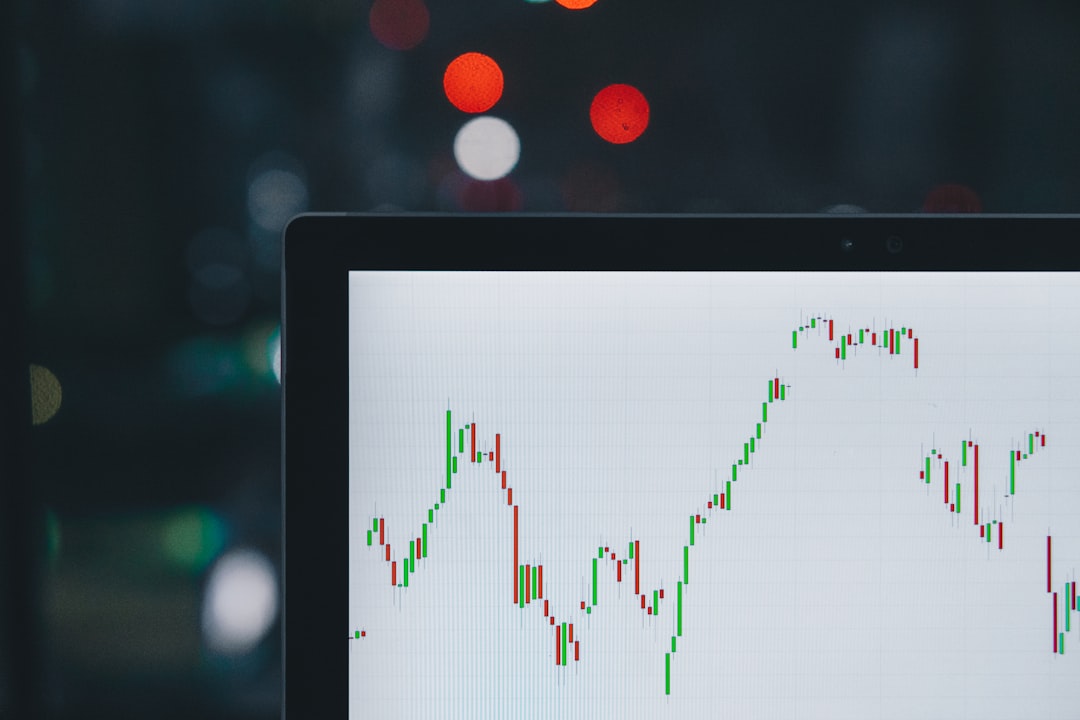What is it about?
This paper provides a transparent measurement of the real and financial connectedness of selected African economies with the rest of the world. The paper shows that after the 2007-08 Global Financial Crisis, the role of the U.S. in Africa's real activities declined, while the roles of Indian and China rose significantly. However, the U.S. remained a dominant economy in terms of its financial linkage with Africa and the rest of the world. This paper should be of interest to policy makers across the globe, especially those managing Africa's trade and financial relationships with the rest of the world.
Featured Image
Why is it important?
This paper is important because it provides transparent evidence on the linkages between Africa and the global economy in terms of real activity and financial connectedness. This is expected to assist policy makers and governments across the globe to better manage the real and financial linkages between Africa and the rest of the world.
Perspectives
This a pioneer study of on the real and financial connectedness of Africa with the rest of the world. It is my expectation that this study enhance the real and financial linkages between Africa and the rest of the world through policies that will encourage greater trade relations and capital flows.
Dr Jonathan E. Ogbuabor
University of Nigeria
Read the Original
This page is a summary of: Measuring the Real and Financial Connectedness of Selected African Economies with the Global Economy, South African Journal of Economics, September 2016, Wiley,
DOI: 10.1111/saje.12135.
You can read the full text:
Contributors
The following have contributed to this page










